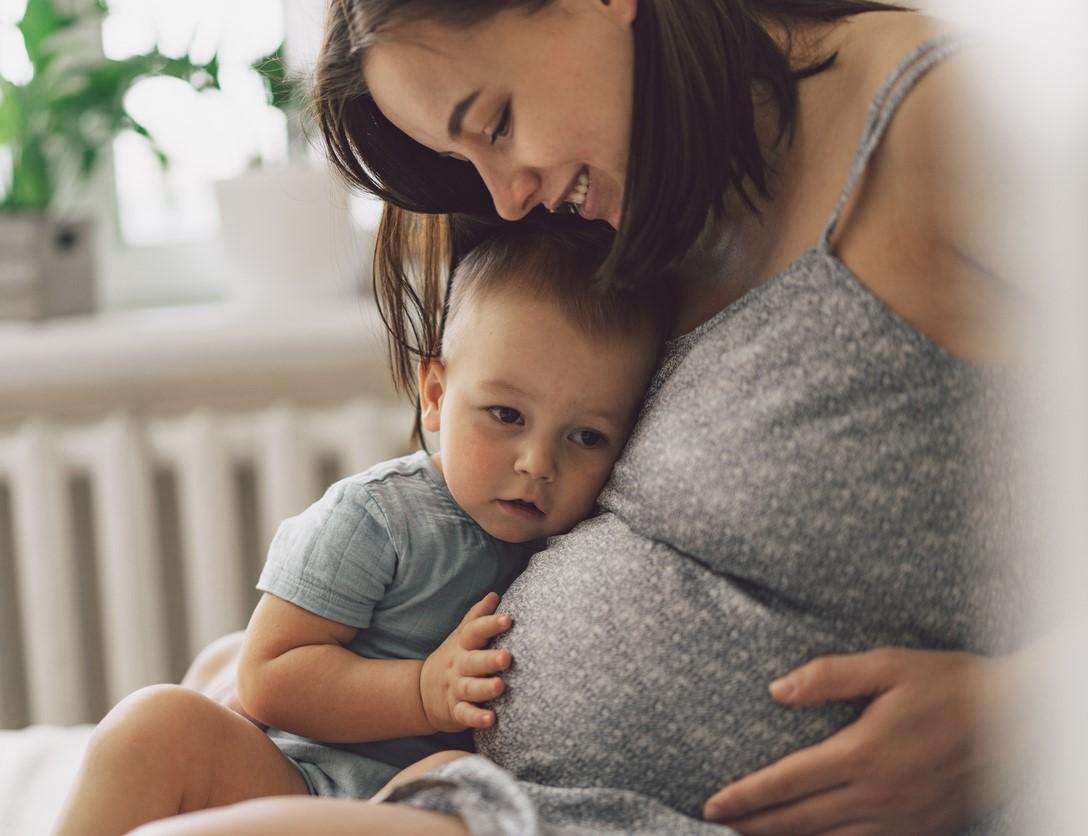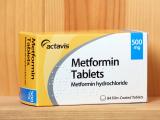A large pre-Omicron study involving more than 13,000 women across 12 nations finds that pregnant women with COVID-19 have a sevenfold increase in death rates compared with uninfected women and a much higher risk of severe disease, according to research published yesterday in BMJ Global Health.
The systematic review also suggests that COVID-19 at any time during pregnancy increases the mother's risk of death, and infection during pregnancy also elevates the risk that the baby will need to be admitted to an intensive care unit (ICU).
"This study provides the most comprehensive evidence to date suggesting that COVID-19 is a threat during pregnancy," said first author Emily R. Smith, ScD, MPH, an assistant professor of global health at George Washington University, in a university news release. "Our findings underscore the importance of COVID-19 vaccination for all women of childbearing age."
Almost quadruple risk for ICU care
Researchers from across the globe assessed 137 studies published in 2020 and 2021 and included 12 of them, involving 13,136 pregnant women, for the meta-analysis.
They found that the risk of death for pregnant women with SARS-CoV-2 infection—compared with uninfected pregnant women—was more than sevenfold higher (relative risk [RR], 7.68; 95% confidence interval [CI], 1.70 to 34.61). The risk was almost quadruple for ICU admission (RR, 3.81; 95% CI, 2.03 to 7.17), 15-fold higher for receiving mechanical ventilation (RR, 15.23; 95% CI, 4.32 to 53.71), and fivefold higher for receiving any critical care (RR, 5.48; 95% CI, 2.57 to 11.72)
The risk of being diagnosed as having pneumonia increased by a factor of 23, and pregnant women had a five-times-higher risk for thromboembolic (clotting) disease. The risk for preeclampsia—a potentially dangerous condition marked by high blood pressure—was 42% higher.
Our findings underscore the importance of COVID-19 vaccination for all women of childbearing age.
In addition, babies born to women with COVID-19 were almost twice as likely to be admitted to a neonatal ICU after birth (RR, 1.86; 95% CI, 1.12 to 3.08) or be born prematurely (RR, 1.71; 95% CI, 1.28 to 2.29). The risk for being born moderately preterm almost tripled (RR, 2.92; 95% CI, 1.88 to 4.54), while the risk for low birth weight rose slightly (RR, 1.19; 95% CI, 1.02 to 1.40).
The authors wrote, "In contrast to other reviews, we did not find any link between SARS-CoV-2 infection during pregnancy and an increased risk of stillbirth at or beyond 28 weeks' gestation, nor any link with intrauterine growth restriction," referring to growth of the fetus.
They also found that SARS-CoV-2 infection at any time during pregnancy increases the risk of maternal death, severe maternal illness, and adverse outcomes in newborns. "This study shows the risk of getting COVID-19 for both mother and baby," Smith said.
Need for global efforts
Smith points out that more than 80 countries still do not recommend that all pregnant and breastfeeding women get the COVID vaccine, despite the consistent and compelling findings of this study and others demonstrating the impact of the disease on these groups.
In a George Washington University interview, Smith said, "One of the strengths of this particular study was that we had data from all over the world, and we also had pregnant women that were in their first trimester or second trimester or third trimester, so that's something new here, too."
One of the strengths of this particular study was that we had data from all over the world.
Study limitations include that the selection of pregnant women with COVID-19 depended on when and how they were tested for SARS-CoV-2, which changed over time across sites and with the availability of tests. The analysis didn't cover more recent variants, and some outcomes weren't monitored for a clinically meaningful period.
Still, "These findings underscore the need for global efforts to prevent COVID-19 during pregnancy through targeted administration of vaccines and non-pharmaceutical interventions," the study authors wrote. They will update their review after they assess more recent data.





















